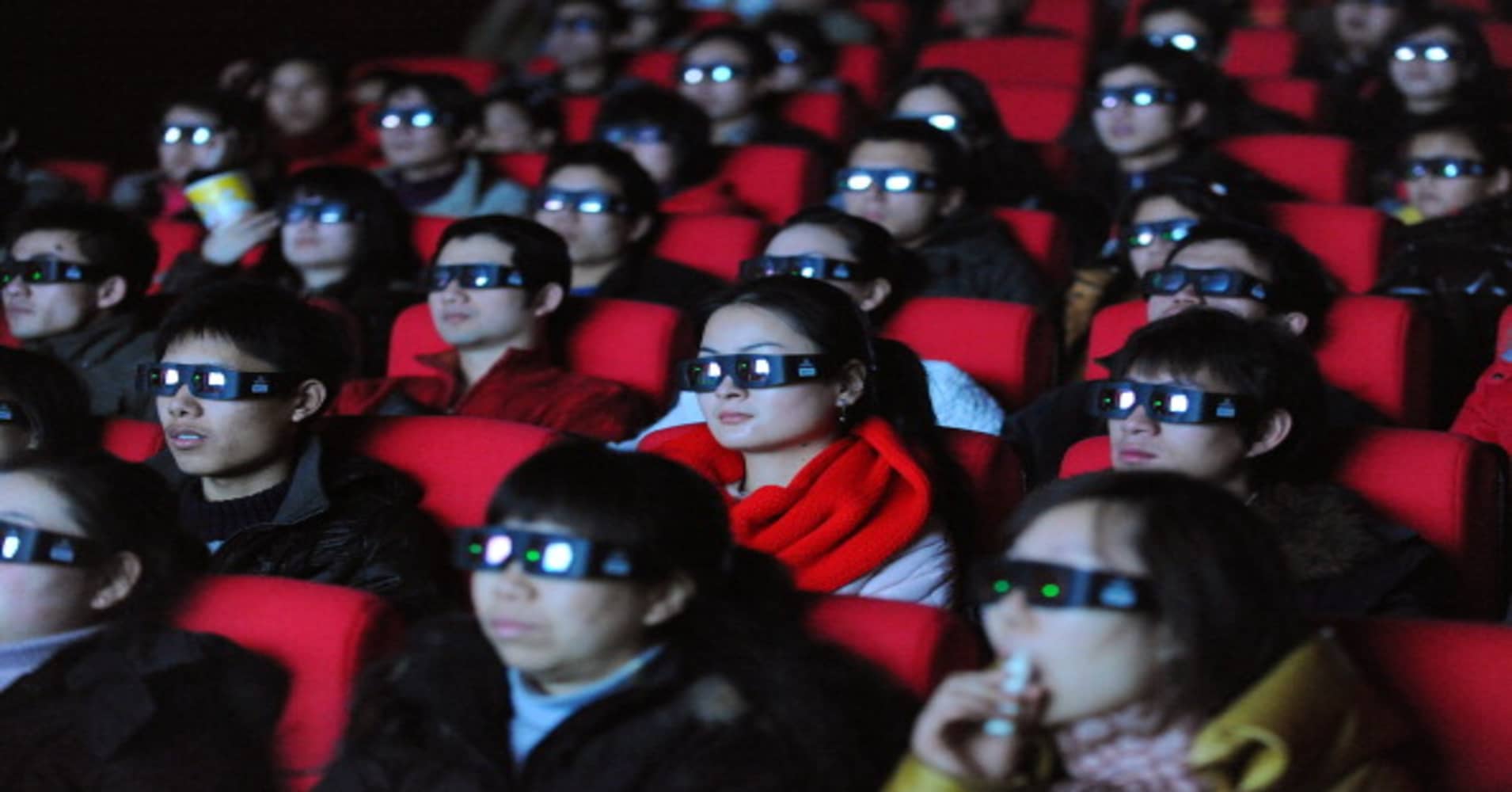 US lawmakers debate bill pressing Hollywood to reject China’s film censorship
US lawmakers debate bill pressing Hollywood to reject China’s film censorship
If it becomes law, studios wanting federal funding will have to agree not to alter a film’s content ‘in response to or in anticipation of’ Beijing’s request.
‘Our film history is part of our national culture, and we can’t let it be watered down or manipulated by communist regimes,’legislation’s sponsor says.
Hollywood’s relationship with China was put under the microscope on Wednesday as US House lawmakers advanced a bill that would prevent studios from receiving federal funding if they don’t promise to ignore Beijing’s censorship requests.
The legislation, called Stopping Communist Regimes from Engaging in Edits Now Act (SCREEN Act), was heatedly debated in the House Foreign Affairs Committee and was approved by a party-line vote of 26-23.
The bill, introduced by Representative Mark Green, Republican of Tennessee, would require Hollywood companies to report to the US State Department films that have been submitted to Beijing for approval for screening in China before accessing federal funding or support.
The studio must also submit an agreement that they will not alter the film’s content “in response to or in anticipation of” Beijing’s request.
Barbie film banned in Vietnam over map of South China Sea
If the bill passes the full House and Senate and becomes law, the federal government would also be prohibited from assisting studios with film production if the movie is co-produced by a Chinese company.
“The Chinese Communist Party is exporting its totalitarian censorship to Hollywood demanding America’s film industry be complicit in its malign agenda,” Green said.
Some Hollywood companies “have been willing to put profit above patriotism”, he continued.
“Our film history is part of our national culture, and we can’t let it be watered down or manipulated by communist regimes.”
But despite bipartisan opposition to Beijing’s censorship efforts abroad, Democrats – including the lead Democrat on the committee, Representative Gregory Meeks of New York – spoke in opposition to the bill, who called it “overbroad” and “counterproductive” to spreading American soft power.
“This measure helps the CCP achieve exactly what it wants: cutting its citizens off from the outside world and having them watch Wolf Warrior Two instead of Captain America,” Meeks said.
Representative Brad Sherman, a Democrat from California, said the bill “is an attack on the First Amendment” and gives too much power to the executive branch to “destroy any studio they want for any dreamed up reason”.
“To put that amount of power in the hands of a secretary of state where you have to prove that China wasn’t in the back of your mind when you made any decision is a power that I wouldn’t want to see in any executive branch officer,” he said.
Wednesday’s discussion came as Hollywood studios are increasingly confronted with political realities both at home and abroad.
China typically allows less than two dozen foreign films to be shown per year, and they have to go through a review process.
In recent years, several top Hollywood movies have come under scrutiny. In the trailer for Top Gun: Maverick, viewers noticed that Paramount removed the flags of Taiwan and Japan from Captain Pete “Maverick” Mitchell’s flight jacket in an apparent attempt to appease Chinese investor Tencent. But after criticism in the United States – and after Tencent reportedly dropped its investment in the film – the flags were restored.
But after criticism in the United States – and after Tencent reportedly dropped its investment in the film – the flags were restored.
Warner Bros was under heat earlier this month when a map included in its new smash release Barbie showed what was interpreted as Beijing’s “nine-dash line” territorial claim in the South China Sea, leading to Vietnam banning the movie.
The studio argued that the line was a “childlike crayon drawing” and not meant to make a political statement.
On Wednesday, Sherman used Barbie as an example of potential overreach by political forces. Green’s bill “deals with a political edit of the movie in the same way as a nudity edit of the movie”, he said.
Last month, the Pentagon said it would not offer production assistance to filmmakers who plan to comply or will likely comply with censorship demands from Beijing that “advance the national interest” of China.Hollywood and the Defence Department have enjoyed a symbiotic relationship for decades. The Pentagon has allowed filmmakers to shoot their projects on military bases and ships and weighs in on filmmaking processes. Meanwhile, the military benefits from positive portrayals of service members.
Representative Sydney Kamlager-Dove, a Democrat from California, said the bill reflected “the perennial challenge when our openness meets closed societies and anti-democratic governments”.




No comments:
Post a Comment
Note: Only a member of this blog may post a comment.